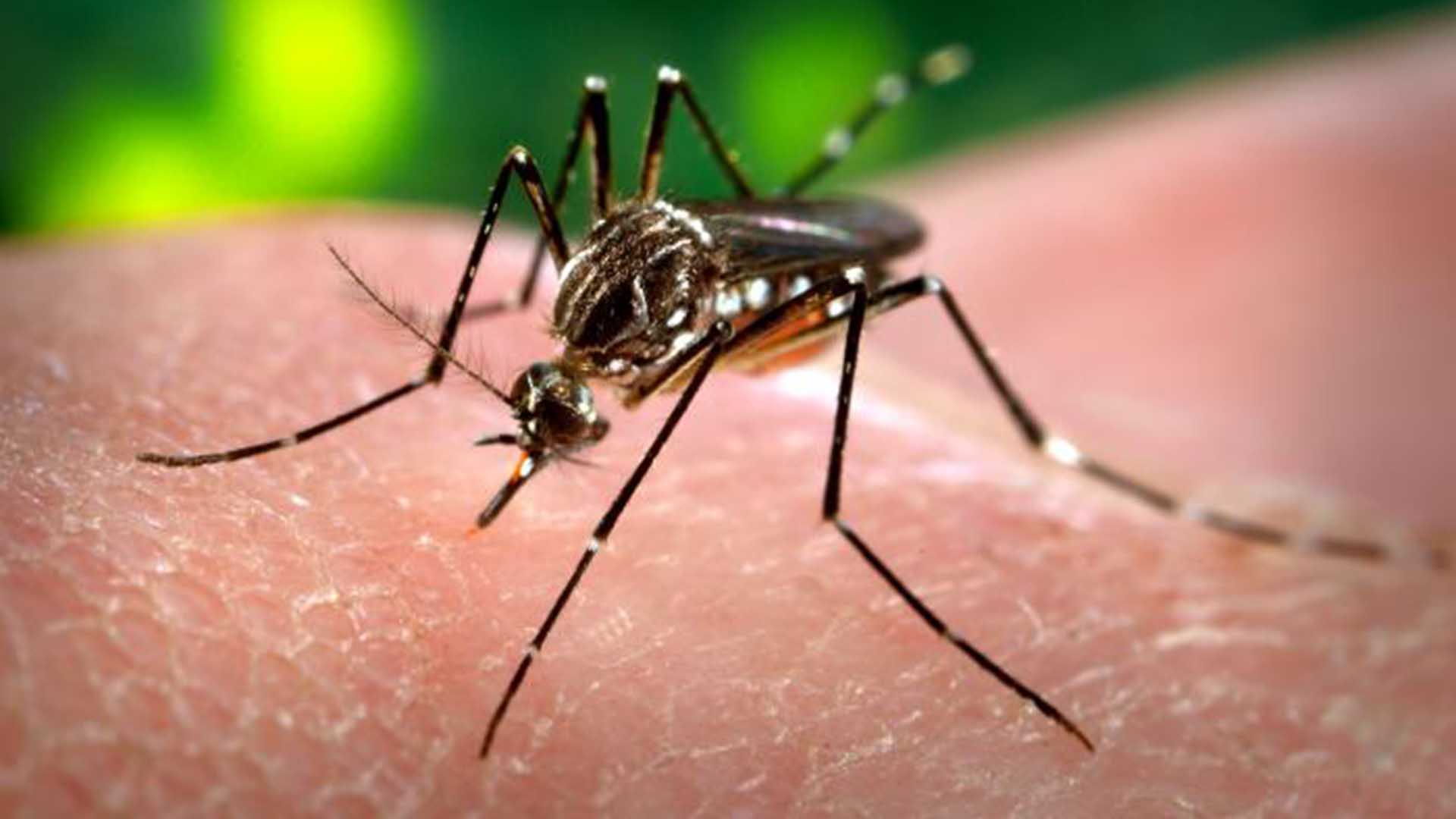This post has already been read 139 times!
The Zika virus has crossed into 11 U.S. states, infecting 31 people, according to the Centers for Disease Control and Prevention.
Three pregnant women, the demographic of highest concern for most national and international health organizations, are among the infected. One of them was a woman in New York City while the other two are in Illinois. Health officials noted, however, that contact with the disease likely came from international travel and that the current infection Two other pregnant women were diagnosed with the disease in Illinois earlier this month.
Health officials noted that all those infected likely contracted the disease outside of the country. There is no current transmission of the virus in the United States itself, however other American territories have reports of transmission of the burdensome disease. These include Puerto Rico and the U.S. Virgin Islands, where 20 people have been diagnosed. Concern for the virus’ spread in the United States is currently low, however.
“Because Zika virus is primarily transmitted by infected mosquitoes, there is very limited chance of local transmission in New York during the winter,” New York Health Commissioner Dr. Howard Zucker said in a statement. “Even so, the Department of Health is taking steps now to protect the health of all New Yorkers and to prepare for the warmer months when mosquitos will be active in New York.”
No formal study has shown the Zika virus to be more than a nuisance. The CDC, and World Health Organization, is concerned about an increase of birth defects in areas where Zika has spread. The CDC issued an advisory for health professional to monitor pregnant women in infected areas for signs of microcephaly in utero. Microcephaly is a defect that results in a smaller head and brain than normal, which can impact in the infant’s development.
Included in the diagnoses was a person in Boston, as well as Texas, Hawaii, Florida, New Jersey, Arkansas, Virginia, California and Minnesota. The Boston announcement was coupled with caution that the disease is likely to not spread in the area, even in the summer months.
“The species of mosquito that transmits Zika is rarely found in Boston,” said Dr. Anita Barry, director of the Infectious Disease Bureau at the Public Health Commission. “However, we encourage those traveling to countries with a high risk for Zika transmission — especially those who are pregnant or may become pregnant — to take the utmost care to avoid contracting the virus.”
The Zika virus was first discovered along the equator in the 1950s, which is spread by the Aedes aegypti mosquito. The mosquito is common around the world, but the disease was largely contained along the equatorial regions in Africa and Asia. However the virus spread into the French Polynesia before hitting Easter Island in 2014 and then Central America last year. The outbreak has achieved pandemic status in its quick spread and has been compared in severity to yellow fever and dengue. However, most people who are infected will experience a mild headache, fever and back pain. A rash will start to develop over the first couple of days before fading before the week is out.
A small number of people in the 2014 outbreak contracted Guillain-Barré syndrome, a neurological impact that rapidly weakens the muscles and create long-term complications and, in rare cases, lead to death. The current concern, however, is with pregnant women and the possible connection with microcephaly in their children. Ecuador’s government issued a warning to all women to delay having children until 2018.
The CDC has issued travel alerts for 24 South and Central American nations, as well as Cape Verde in African waters and Samoa in Polynesia. These include: Brazil, Colombia, El Salvador, French Guiana, Guatemala, Haiti, Honduras, Martinique, Mexico, Panama, Paraguay, Suriname, Venezuela, Puerto Rico, U.S. Virgin Islands, Dominican Republic, Barbados, Bolivia, Ecuador, Guadeloupe, Saint Martin, Guyana, Cape Verde and Samoa.





